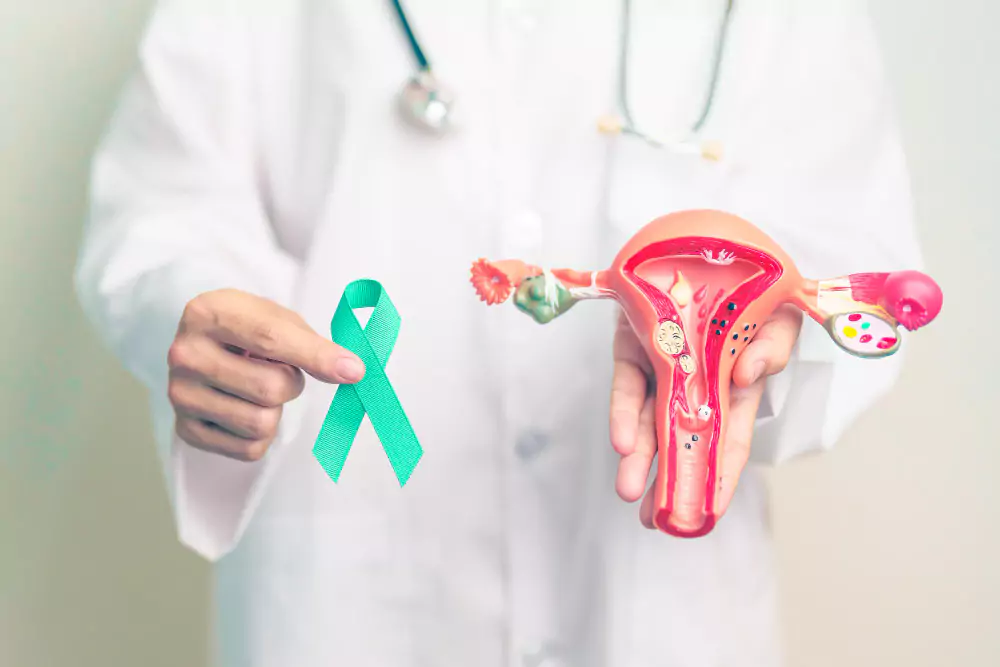Services

Pregnancy
Pregnancy is a nine-month period during which a fertilized egg develops into a baby inside the uterus. It involves physical and hormonal changes, including morning sickness, weight gain, and emotional fluctuations. Regular prenatal care is crucial to ensure the health and well-being of both the mother and the developing baby.

Menstrual Disorders
Menstrual disorders encompass a range of conditions affecting the menstrual cycle, including irregular periods, heavy bleeding (menorrhagia), painful cramps (dysmenorrhea), and absence of menstruation (amenorrhea). These conditions can result from hormonal imbalances, medical conditions, or lifestyle factors, and often require medical evaluation and treatment to manage symptoms and underlying causes.

Menopause
Menopause marks the natural end of a woman's menstrual cycles, typically occurring around age 50. It involves hormonal changes leading to symptoms like hot flashes, night sweats, mood swings, and vaginal dryness. This transition signifies the end of fertility and can impact physical and emotional health, often requiring lifestyle adjustments and medical support.

Endometriosis
Endometriosis is a painful condition where tissue similar to the uterine lining grows outside the uterus, often affecting the ovaries, fallopian tubes, and pelvic lining. This can lead to severe menstrual cramps, chronic pain, infertility, and other complications. Treatment typically involves pain management, hormonal therapy, and sometimes surgery.

Cervical Cancer
Cervical cancer develops in the cells of the cervix, often caused by persistent infection with high-risk human papillomavirus (HPV) types. Early stages may be asymptomatic, but advanced stages can cause abnormal bleeding, pelvic pain, and discharge. Regular screening through Pap smears and HPV tests is crucial for early detection and effective treatment.

Ovarian Cancer
Ovarian cancer originates in the ovaries and often goes undetected until it spreads within the pelvis and abdomen. Symptoms can be vague and include bloating, pelvic pain, and changes in bowel habits. Early detection is challenging, making regular check-ups and awareness of risk factors critical for timely diagnosis and treatment.